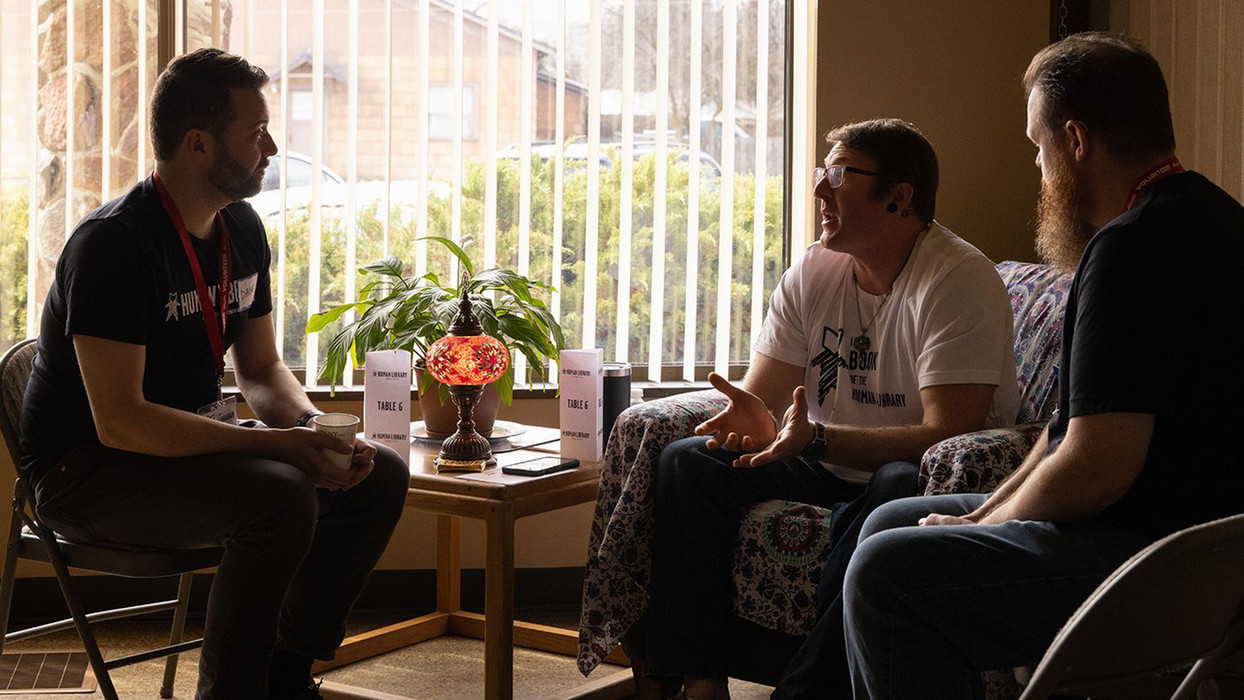
Philosophy and Religious Studies
Undergraduate Programs
Oh, the places you can go with Philosophy and Religious Studies at Central!
Many students believe that philosophy and religious studies aren't practical majors. On the contrary, in today's high-tech world, the abstract reasoning skills, analytical tools and communication skills you obtain through studying philosophy are increasingly valuable. As Peter Veruki, head of external relations at Vanderbilt University's Owen Graduate School of Management, recently noted, "It's about maturity and leadership rather than how many accounting courses did you take. Companies are going to start to look at the fundamental value set of an individual and their basic education. Did they study philosophy and culture and history rather than just accounting, finance and engineering? Fast-forward 20 or 30 years, we're going to find [business leaders] who maybe majored in philosophy rather than business."
As a translatable skill, philosophy prepares you to adapt to new technical innovations, while particular concrete training quickly becomes outdated. The following statistics illustrate the value of a philosophical education:
- On the LSAT, philosophy majors score an average of 157.4. That’s the second-highest average among all majors.
- On the GMAT, philosophy majors score an average of 587. That’s the fourth-highest average among all majors.
- On the GRE, intended graduate philosophy majors scored an average of 160 on the Verbal section and 4.4 on the Analytical Writing section. This beats all other intended majors.
- On the GRE, intended graduate philosophy majors scored an average of 153 on the Quantitative section. This beats all other intended humanities majors.
- The mid-career median salary of a philosophy major in 2014-15 is $84,000. That’s higher than most of the other humanities majors.
- 93% of employers say that being able to think critically, communicate clearly, and solve complex problems matters more than a candidate’s major. Philosophy focuses on these skills.
- Philosophy majors know that the most important factor in choosing your major is that you love it! Do you love your major?
Career Links
Job Search Sites
CWU News

Middle school students develop professional skills at Amazing Shake event
February 25, 2026 by Marketing and Communications

$4 million federal grant aimed at helping with school psychologist shortage
February 25, 2026 by Marketing and Communications